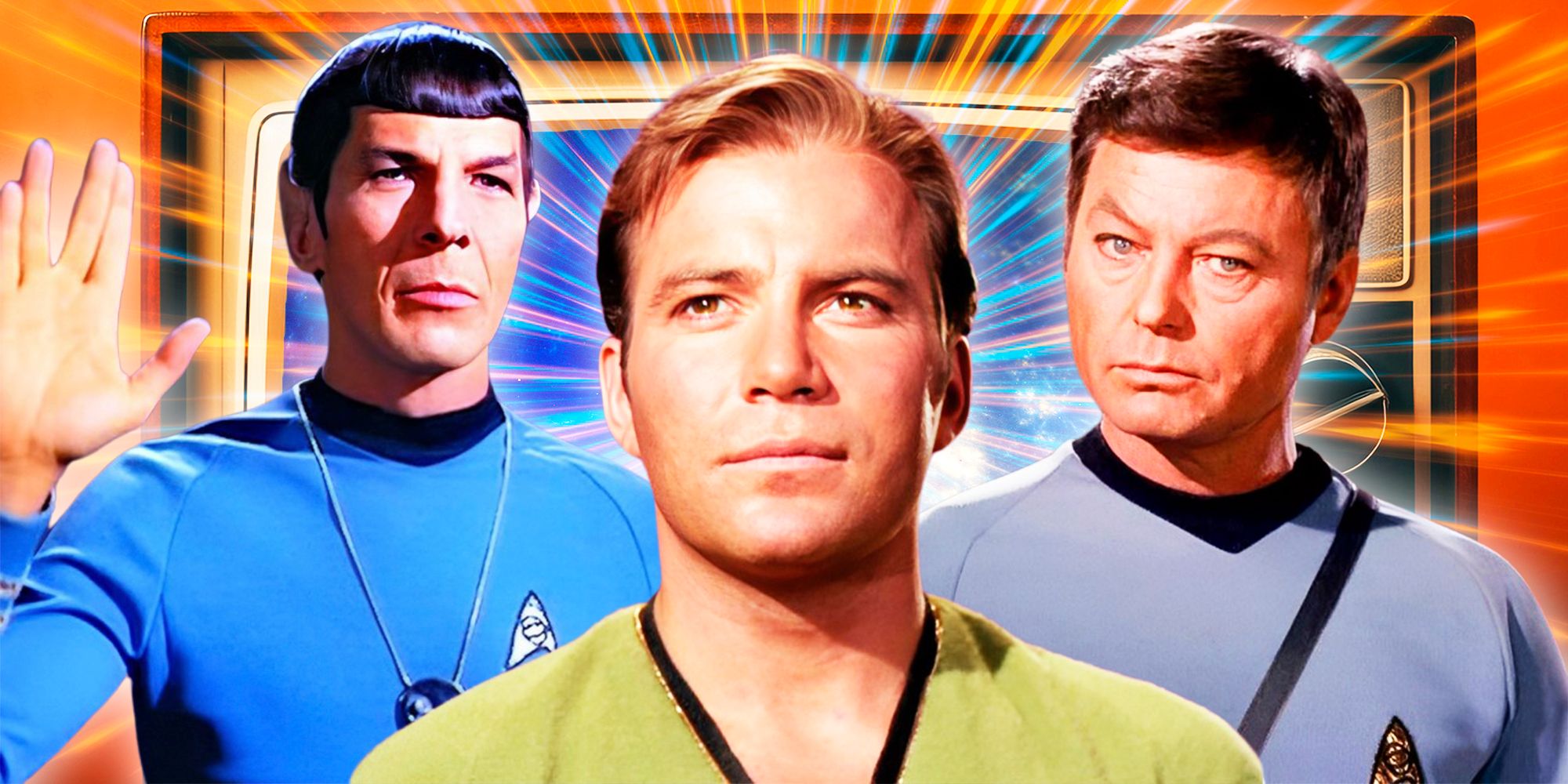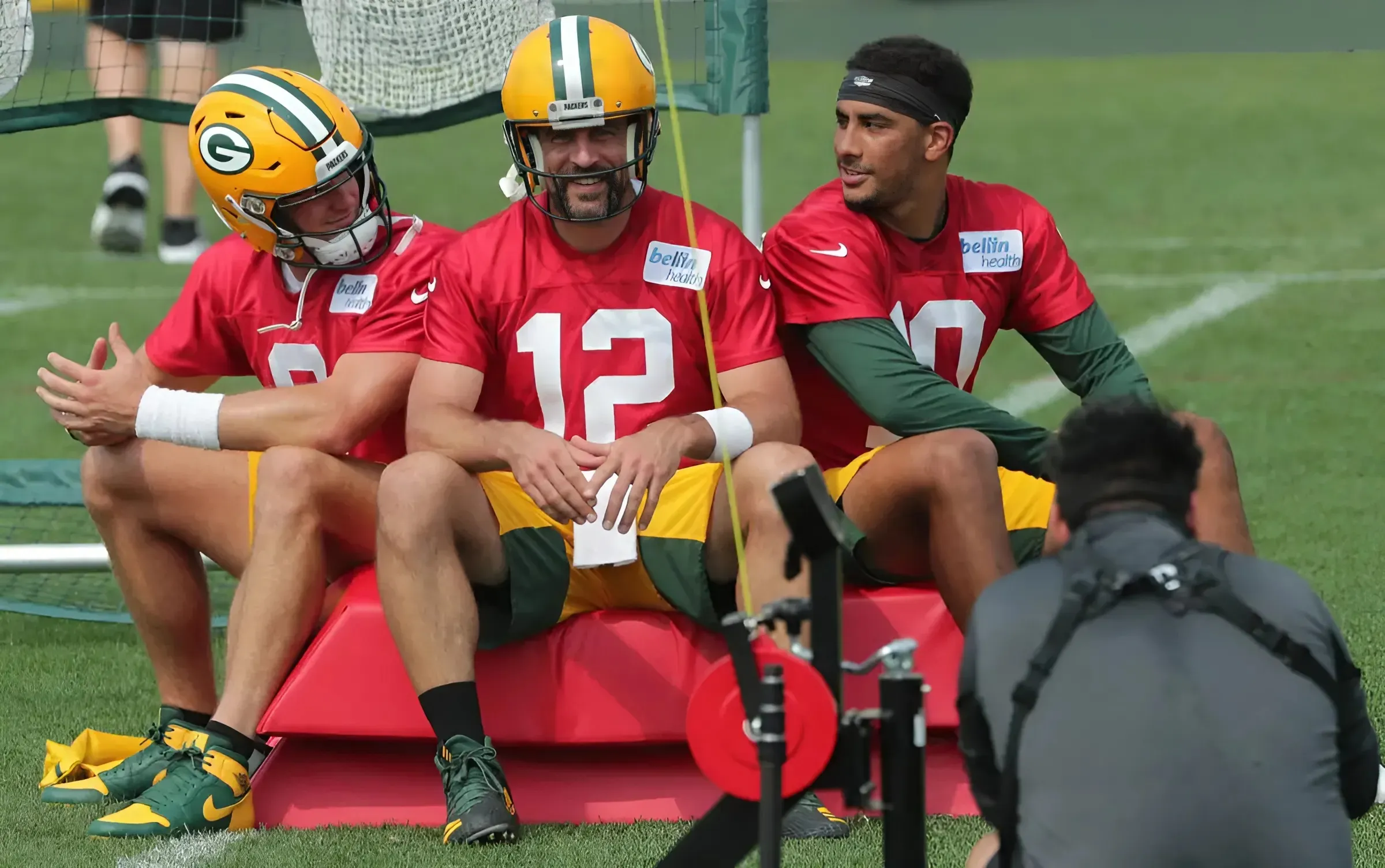Star Trek the Original Series has endured for nearly 60 years, but what is it about the adventures of the USS Enterprise that has such staying power? Captain James T. Kirk (William Shatner), Mr. Spock (Leonard Nimoy), and Dr. Leonard McCoy (DeForest Kelley) were introduced to the world on Thursday, September 8, 1966, and the rest is history. Gene Roddenberry's vision of the future captivated audiences, as Kirk and his crew explored strange new worlds and encountered all manner of alien species. TOS became even more popular a few years later when the show returned to television in syndication.

The renewed popularity of TOS in the 1970s led to an impressive six Star Trek movies with Kirk and his crew and spawned numerous spin-offs throughout the 1980s and '90s. Star Trek, of course, has since become a massive franchise and a staple of popular culture. Still, even with the dated effects, low-budget sets, and 1960s sensibilities, there's something uniquely special about Captain Kirk and his Enterprise crew. Roddenberry's optimistic view of the future gives us something to aspire to and is perhaps even more relevant in 2024 than it has ever been.
58 Years Later, Star Trek: The Original Series Still Works
Thanks To Great Characters & Stories, TOS Holds Up Well
Star Trek: The Original Series may feel dated by modern television standards, but so much about the series still works. Stories live and die on the strength of their characters and TOS introduced some of the best characters in science fiction. Kirk, Spock, and McCoy remain beloved even today and they are still regularly referenced across modern Trek. But it wasn't just Star Trek's iconic trio who made an impression, as characters like Lt. Uhura (Nichelle Nichols), Lt. Montgomery Scott (James Doohan), Lt. Sulu (Georgi Takei), and Ensign Pavel Chekov (Walter Koenig) also left their mark.
Many of the stories on Star Trek: The Original Series remain enjoyable today, with their compelling guest characters and still relevant social commentary. While there are a few flops throughout the show's three seasons, the character dynamics and compelling ideas keep most of the episodes entertaining even by today's standards. Episodes like "The City on The Edge of Forever" and "The Trouble With Tribbles" could hardly be more different, and yet they both continue to resonate with audiences.
Star Trek has always been particularly impressive in its ability to tell vastly different kinds of stories while still undeniably feeling like Star Trek, and this remains true today. Even some characters who only appeared once on TOS, like Khan Noonien Singh (Ricardo Montalban) and Ambassador Sarek (Mark Lenard), have continued to endure within the franchise.
Star Trek Has Changed But Still Follows The Original Series’ Example
Modern Star Trek Stays True To Gene Roddenberry's Vision
Modern Star Trek leans into its connections to Star Trek: The Original Series, beautifully building on what came before. In Star Trek: Strange New Worlds, for example, new actors have brought characters like Kirk and Spock to life on modern television, adapting the characters without simply impersonating the original actors. Paul Wesley and Ethan Peck still feel like Kirk and Spock, but they somehow never feel like replacements for William Shatner and Leonard Nimoy. So far, modern Trek has managed to make many TOS characters more interesting, while still honoring their original portrayals and expanding the established Star Trek timeline.
Continuing Star Trek's message of hope, Star Trek: Discovery's Captain Michael Burnham (Sonequa Martin-Green) never loses faith in her friends and Admiral Jean-Luc Picard (Patrick Stewart) stands up for his beliefs even in the face of overwhelming odds.
Throughout the era of Star Trek: The Next Generation, Star Trek: Deep Space Nine, and Star Trek: Voyager, the franchise kept its hopeful outlook even through the darker days of conflicts like the Dominion War. While modern Trek shows like Star Trek: Discovery may be even darker still, they continue to place hope and optimism at the center of their stories. Of course, nothing could ever truly replace Star Trek: The Original Series, and with the show's 60th anniversary fast approaching, now may be the perfect time for newcomers to experience the incredible adventures of Captain Kirk and the USS Enterprise.



